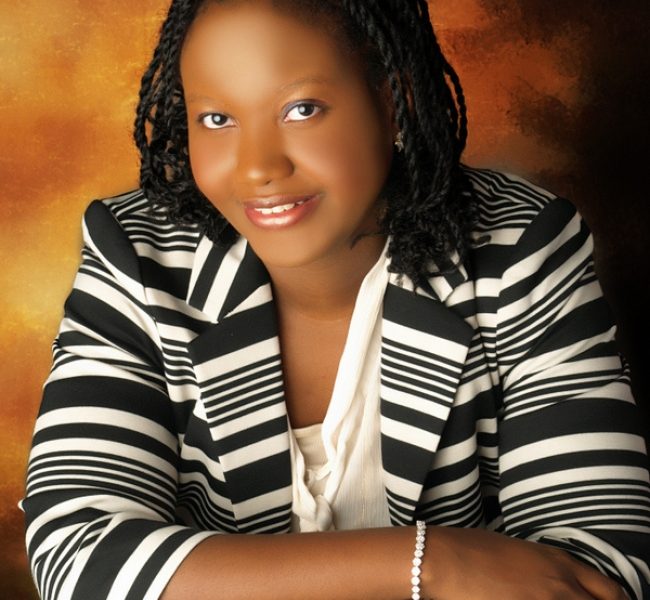Meet Lauren Jackson: SLP Highlight
 1. What inspired you to become a speech therapist? My grandmother was the matriarch of the family. In 1991 she fell ill due to a stroke and I saw how therapists, especially a speech language pathologist, came to improve her quality of life.
1. What inspired you to become a speech therapist? My grandmother was the matriarch of the family. In 1991 she fell ill due to a stroke and I saw how therapists, especially a speech language pathologist, came to improve her quality of life.
2. What do you love about being an SLP? I love helping children find their voices.
3. What is your SLP superpower? Patience. Not all clients I work with are happy to see me. I have found that when you take the time to find out what your client likes it makes a difference in the service provided.
4. Who do you find the most rewarding to work with? The majority of my most rewarding clients to work with are under the age of 10. They usually make the most improvement in shorter periods of time. Though parents might be excited to her their child speak for the first time, I find it to be a honor to hear a child who was completely nonverbal, now talk: all from a strategy I used.
5. What would you say to parents who have a child with a speech challenge? Offering developmental norms helps tremendously. It helps the parent understand what should be addressed as well as why. The idea for me is to keep your child within the expected milestones for communication skills.
6. What is the most challenging thing about being a kid with a speech challenge? I think children become frustrated when they do not make progress. This can be especially hard as they mature.
7. What is one question you get most often from clients and parents? Most parents ask, in various ways, “How old are you?”, since I look much younger than I am. My work experience as a Speech Language Pathologist began in 2010.
8. What advice would you like to give to families considering seeking speech services? My best advice is seek evidence based information about your child’s needs before you reach out to any service provider. The best resource for a parent seeking a Speech Language Pathologist is the American Speech-Language & Hearing Association, ASHA. There are many sources that give information that is false or not proven. It can make it hard to work with your therapist (of any training) if you come in expecting one thing and what is realistic is what your therapist is offering you.
9. I’m sure you’ve had many, but what is one of your most memorable or rewarding cases and why? My most memorable case was one where the client was completely noncompliant during an evaluation. The client I am referring to stood up on the table at home and would not allow me to complete the assessment I attempted to administer. This client’s parent was determined to have the evaluation complete and I did my very best. This client is almost a completely different child now. The client is able to combine words, sits to attends tasks, and is making good progress towards mastering speech goals.
10. What can clients expect from virtual therapy? What is different or beneficial about virtual therapy? Virtual therapy is an option for patients in areas where a Speech Language Pathologist might not be accessible. It is an ASHA approved way to provide services. The expectation should be the same as face to face speech therapy. Some considerations for virtual speech therapy are that your internet connection should be supplemented with a USB cable. It is difficult, but not extremely impossible to offer PROMPT over virtual speech therapy: some patients pick up visual cues well. An e-helper is often needed for younger patients to receive the service.
11. What is your favorite part of being a Speech Buddies Connect therapist? My favorite part of working with Speech Buddies Connect is that I am not paperwork driven. There is time that I am able to sit with parents to go over progress then offer carryover.


